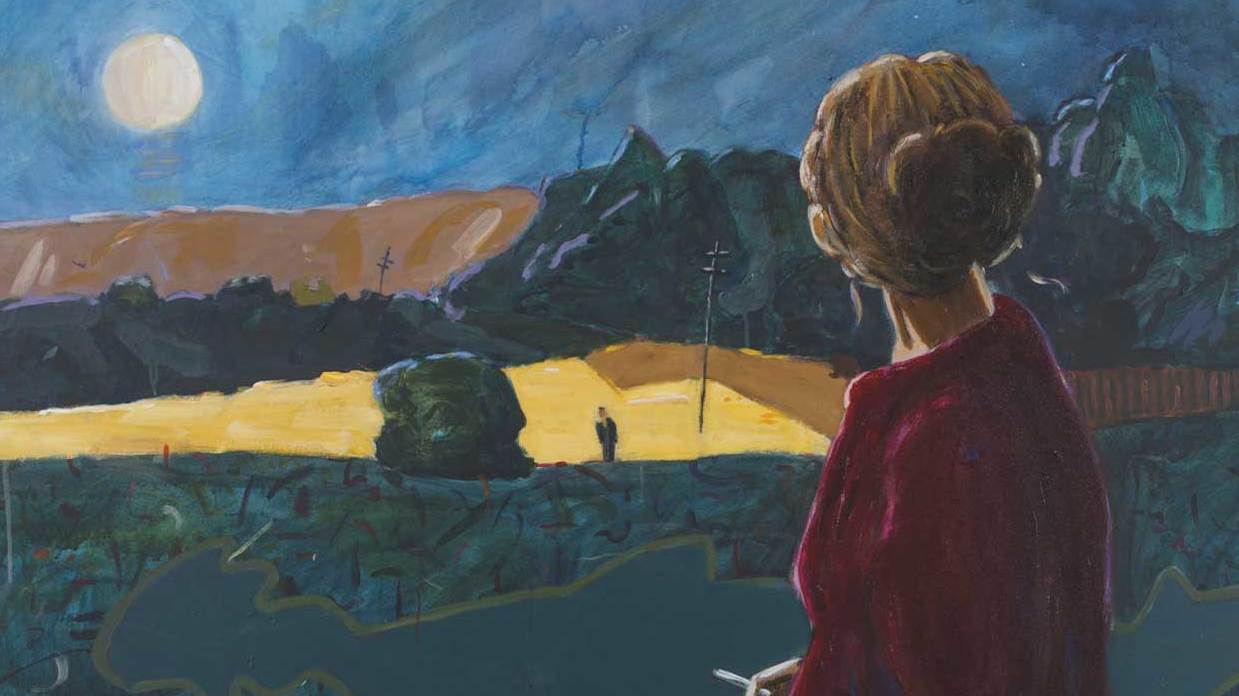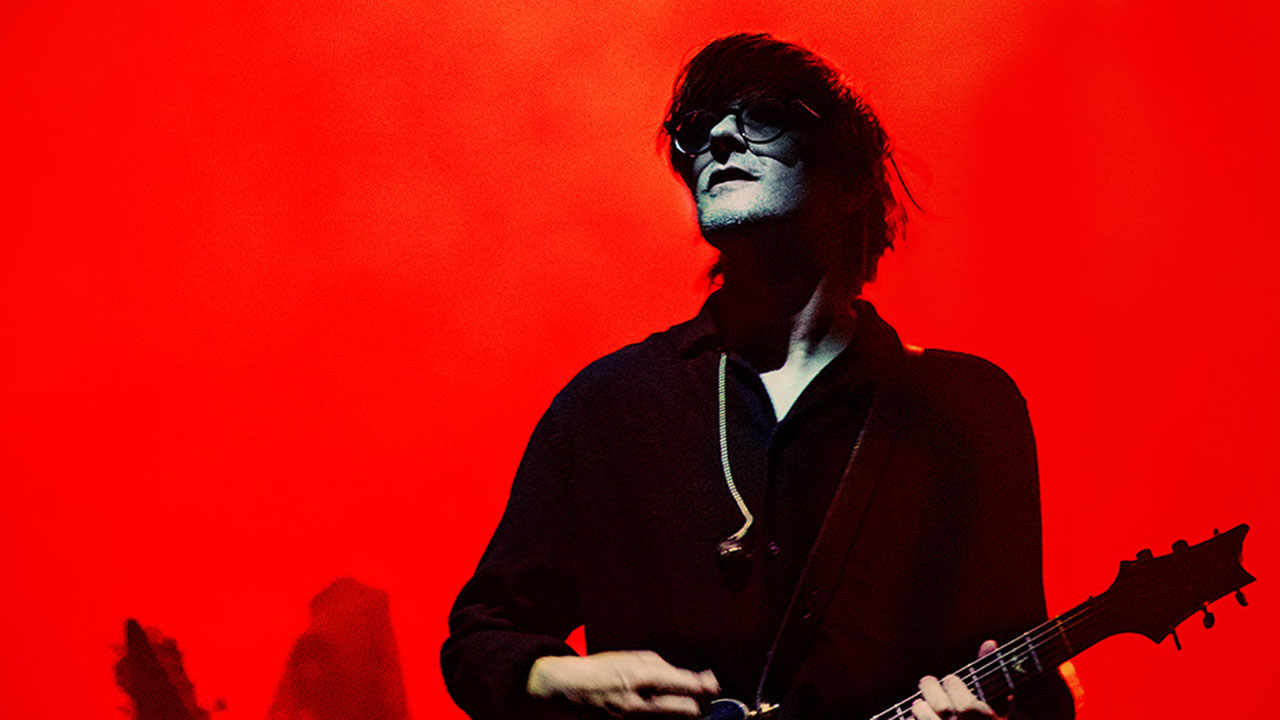You can trust Louder
One of the least expected comebacks in recent years saw the return of Revolutionary Army Of The Infant Jesus, whose 2015 album Beauty Will Save The World was their first in two decades.
Between 1987 and 1995, the collective issued a handful of wilfully unclassifiable recordings, their music informed by psychedelia, ritualistic folk music, Christian liturgies and soundtracks from European arthouse cinema (indeed, they took their name from the fictional terrorist group in Luis Buñuel’s final work, That Obscure Object Of Desire).
The band members themselves tended to keep a low profile, granting very few interviews and performing in silhouette behind a web of screens. Live shows combined performance art, film and experimental noise, often at thunderous volume. If there was a single unifying statement, explained de facto leader Jon Egan, it was in the relationship between the sacred and the secular. No reasons were given for their cessation of activities, however, having abruptly disappeared following a gig in 1998. Instead, Egan likened their ensuing absence to an extended fast, waiting for “the appropriate inspiration or prompt” to come.
Originally released in 1991, second album Mirror still sounds like nothing else. The core trio of multi-instrumentalist Egan, clarinettist/keyboard player Paul Boyce and guitarist/ percussionist/keyboardist Leslie Hampson create a shifting sound collage designed to reflect the geopolitical changes Europe was going through at the time.
It’s full of arcane references and samples, among them medieval Spanish poetry and old propaganda clips from East Germany and Albania. Yet it’s nowhere near as impenetrable as this might suggest. Aided by a bank of helpers who provide piano, sax, accordion and flute, RAIJ display a lightness of touch that allows space between the not-quite grooves. Monastic chants evoke a spectral religiosity, while layers of humming electronica provide an unsettling backdrop to a succession of strange benedictions. Way-off weird? Absolutely. Thoroughly captivating too.
Sign up below to get the latest from Prog, plus exclusive special offers, direct to your inbox!
Freelance writer for Classic Rock since 2008, and sister title Prog since its inception in 2009. Regular contributor to Uncut magazine for over 20 years. Other clients include Word magazine, Record Collector, The Guardian, Sunday Times, The Telegraph and When Saturday Comes. Alongside Marc Riley, co-presenter of long-running A-Z Of David Bowie podcast. Also appears twice a week on Riley’s BBC6 radio show, rifling through old copies of the NME and Melody Maker in the Parallel Universe slot. Designed Aston Villa’s kit during a previous life as a sportswear designer. Geezer Butler told him he loved the all-black away strip.


